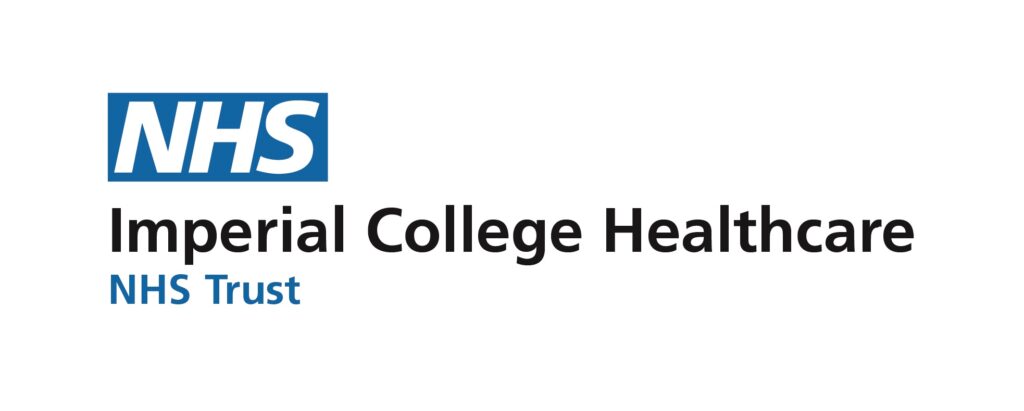eDIGEST
Early diagnosis of upper DIGESTive tract disease
Our funders

ClinicalTrials.gov Identifier: NCT04475952
ClinicalTrials.gov website:
https://clinicaltrials.gov/study/NCT04475952
NIHR Clinical Research Network portfolio adoption:
CPMS ID: 42784
Sponsor: Imperial College London
Funding: Medical Research Council (MRC)

Background
Upper digestive tract cancers encompass all cancers involving the digestive tract, from the oral cavity to the duodenum, including their subtypes. Patients with upper digestive tract cancers present with indeterminate symptoms, therefore definitive presentation tends to occur at a late stage in the disease process. This accounts for significantly poor five-year survival rate of 8.3 – 19%. Nevertheless, with the increase in incidence of upper digestive tract cancers worldwide, there is a need to develop an alternative safer and non-invasive diagnostic tool for earlier identification of this disease with the aim to reduce mortality and morbidity.
Analysis of volatile organic compounds (VOCs) from samples such as breath, saliva and urine provide a non-invasive risk-stratification tool to identify those patients at high-risk of cancer who would benefit from being referred for endoscopy at an earlier stage. This will facilitate a more streamlined approach to the utilisation of endoscopy, and may allow earlier identification of upper digestive tract cancers. Earlier detection increases the chance of the cancer being less invasive and potentially curable.
eDIGEST (currently recruiting)
Participating Centres:

Aims:
To (i) develop a non-invasive diagnostic tool using biomarkers in exhaled breath for early diagnosis of upper digestive tract disease – oesophageal adenocarcinoma (OAC), oesophageal squamous cell carcinoma (OSCC) and head and neck squamous cell carcinoma (HNSCC); (ii) analyse the biomarker profile of upper gastrointestinal disease subtypes in bio-samples such as breath, saliva, urine, blood and tissue in cancer patients compared to controls; and (iii) determine the diagnostic accuracy of the VOC-based model in a multicentre blind validation study.
Methods:
The EDIGEST study is a multi-centre case-control study with a sample size of 300 participants, divided equally between the HNSCC, OAC/OSCC, and non-cancer control group. Breath samples are collected using standardised procedures and are transported using thermal desorption (TD) tubes to the Imperial College London VOC Laboratory. The breath samples will be analysed using mid-polar, polar, and two-dimensional gas chromatography-time of flight mass-chromatography (GC-MS-TOF) for VOC detection. Collection of the non-breath bio-samples has completed recruitment.
Contact
For more information relating to the study, please get in touch with Ms Sameera Sharma via email: ssharma@ic.ac.uk.
